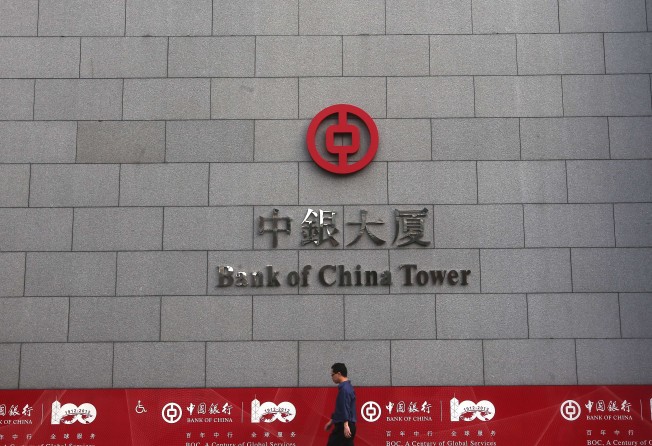HKSE’s waiver for BoC Hong Kong’s corporate secretary sets a bad precedent
Luo Nan, appointed the BoC Hong Kong’s company secretary on October 26, is not a chartered secretary, neither an accountant nor a lawyer

Jenga is the game I think of, reading the latest announcement by the BOC Hong Kong Holdings Ltd. in changing its company secretary.
Players take turns to remove a block from a stacked-up tower and place it on top, waiting for the growing tower to topple with the wrong touch.
Only in this case, the tower is our market integrity.
The bank has replaced its company secretary with a veteran from the parent company, Luo Nan, who is not qualified under the Listing Rules of the Hong Kong Stock Exchange, because he is not a chartered secretary, neither an accountant nor a lawyer.
The Exchange has granted the bank a waiver from the requirement.
To many, this may sound routine. Over the years, the Exchange has been allowing dozens, if not hundreds, of companies to hire “unqualified” company secretaries.
What’s the fuss? My short answer: BOC-HK is a Hong Kong-based company and the waiver will be a bad precedent.
To appreciate the problem, one must wind the clock back to 1993 when the first of China’s state-owned enterprise was listed in Hong Kong.
The Listing Rules has a specific and stringent clause on the qualification of a company secretary, given its significant role in “promoting the highest standards of corporate governance” and “ensuring compliance by each and every director.”
Yet, the state-owned enterprises found this impossible. While they did have company secretaries, these were typically Communist Party cadres appointed not for their professional qualifications; neither did they take care of corporate governance, nor did they live in Hong Kong.
The regulators compromised by waiving the condition, asking that they hire a qualified person in Hong Kong to work with the mainland Chinese corporate secretary.
As years went by, the crack widened.
Private enterprises from the mainland are excused, as are those operating from overseas. Though they don’t share the political hurdle of SOEs in choosing their company secretaries, their operation away from Hong Kong became an accepted reason.
Even if one agrees with these political and operational justifications, BOC-HK is the last to qualify.
It is neither incorporated in mainland China, nor overseas, but in Hong Kong. It’s subject to the laws and ordinances of Hong Kong.
The directors’ remuneration at BOC-HK is regulated by guidelines of the Hong Kong Monetary Authority. The bank’s Chief Executive Yue Yi was paid HK$8.5 million while his mainland peers saw their pay cut to 1 million yuan by the Communist Party.
Its headquarters is not in Beijing or Shanghai but Admiralty, Hong Kong.
Of its 11 board members, six are based out of mainland China – four in Hong Kong and one from Singapore and the United States respectively.
Its business is largely from Hong Kong. Over 80 per cent of its 2015 advances went to the city’s businesses and residents. More than 90 per cent of its 260 branches are located in the city.
This is a bank deeply rooted in the city.
It makes every sense that it has been hiring Hong Kong chartered secretaries who know the local rules and system since its listing in 2002.
What reason is there for it to alter the practise for an unqualified mainland Chinese official? What reason is there for the Exchange to approve the downgrade from a “best” practise to an “exceptional” one?
The more deafening question will be: What argument can the Exchange use in refusing similar moves by others if such a Hong Kong-based company can have its way?
Given the choice, most controlling shareholders will understandably prefer to have a loyal corporate insider “promoting” governance at home, instead of a pair of expensive and watchful eyes.
The optimists will surely argue that the mainland Chinese secretary can be tutored by the Hong Kong counterpart.
The reality is the Exchange has allowed dozens to go solo after three years’ of “coaching.”
A good example is the engineer-turned-company secretary of Huaneng Renewable Energy.
While an in-house assistant company secretary at BOC-HK can work with Luo, many other “coaches” moonlight for several listed companies at the same time.
The known record is 33 of these companies, by the same person.
That tells you about the quality of the so-called “coaching.”